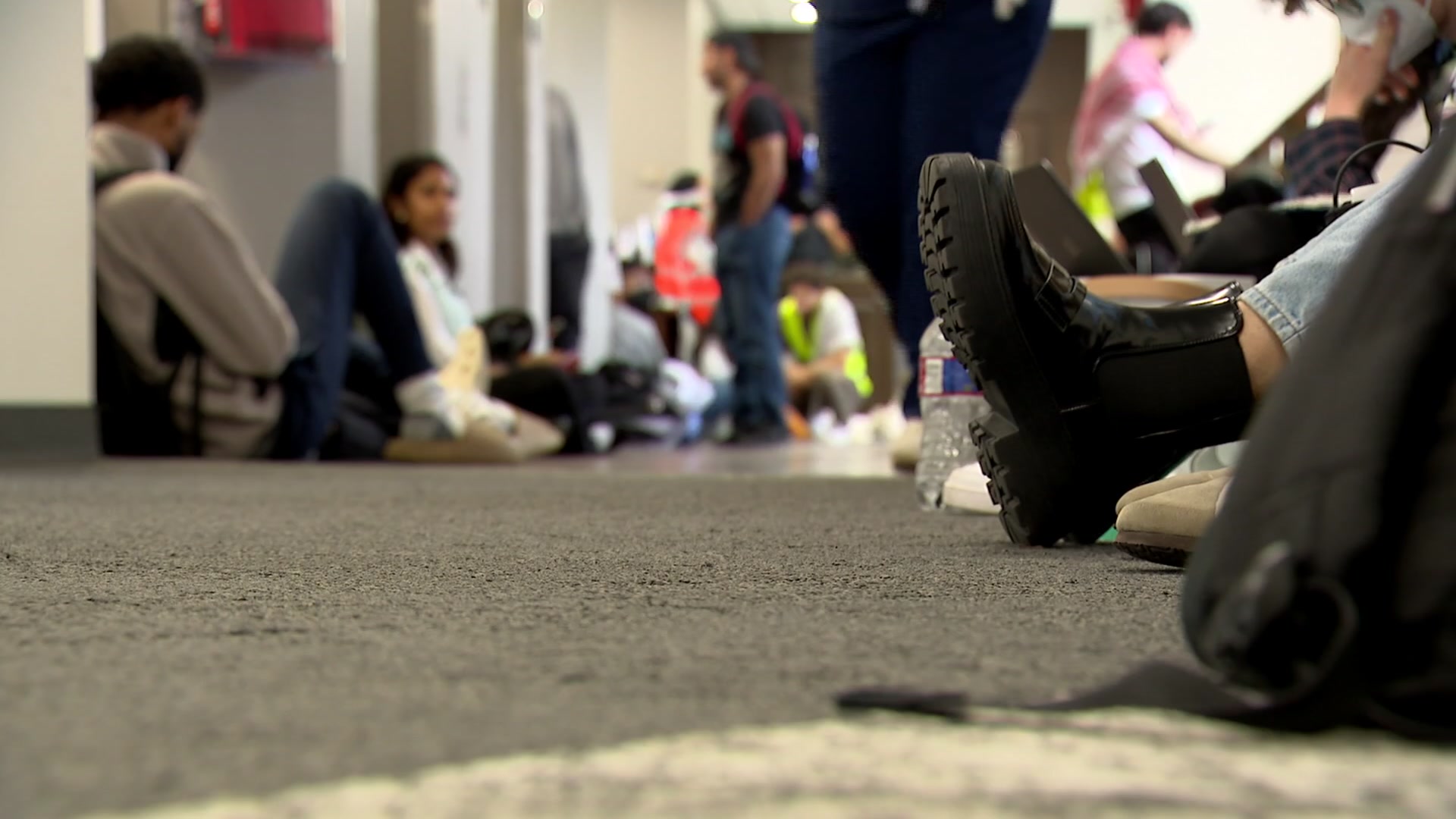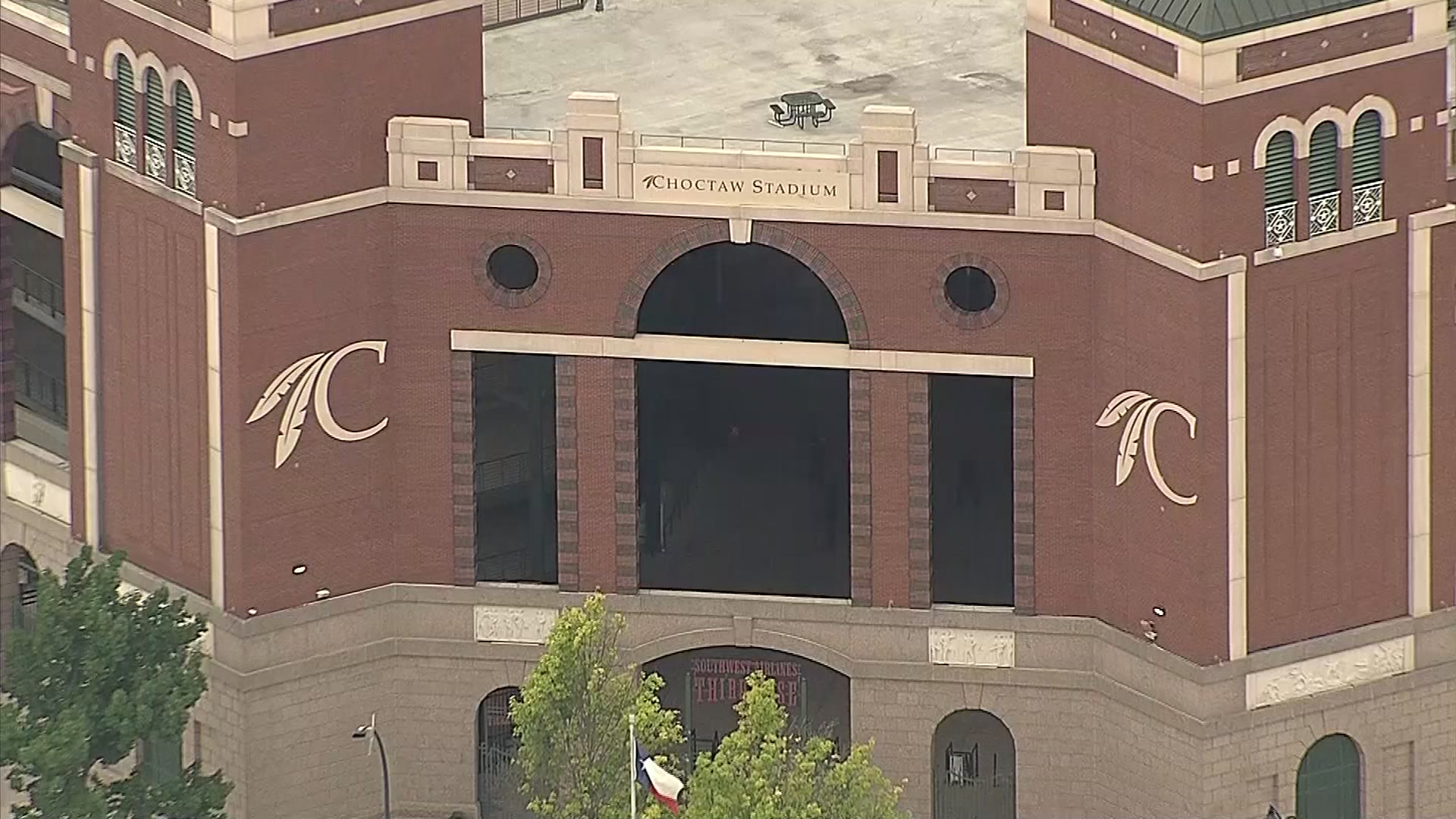The city of Fort Worth decided Wednesday afternoon to conduct more ground spraying -- this time in a section of the city's north side, east of Interstate 35W.
The spray area will be in the 76137 zip code and will be limited to streets around Arcadia Trail Park, Park Place Park, Mesa Verde Park and Arcadia Trail Park North. The spraying effort also will use off-road vehicles to spray in the parks and greenbelts.
On Tuesday night, the city held an informational meeting for residents to discuss the possibility of ground spraying or other alternatives to combat the disease. The 76137 and 76244 zip codes have seen an increase in human cases and mosquitoes testing positive for West Nile virus.
The positive results in the 76137 zip code were found around those parks, which are bordered by Basswood Boulevard on the south.
City officials said on Thursday that the 76244 zip code is still being monitored and mosquito sample results should be back by early next week. At that time officials will decide whether ground spraying is needed there.
Spraying will take place between 10 p.m. and 4 a.m. Friday, Saturday and Sunday nights but could be delayed by a day if there is bad weather.
The city is still awaiting test results on the 76104 and 76110 zip codes, where city workers sprayed last weekend. The results will tell how effective that spraying was.
Local
The latest news from around North Texas.
Test results take several days to receive from the collection process to the results. The Tarrant County Public Health Department is only one of four laboratories in the state that can test for West Nile virus. Officials there say they are receiving dozens of mosquito samples each week from the 20-plus cities in Tarrant County involved in the collection process.
"We are looking for the Culex species, the common house mosquito," said Kayleen Thomason, a health department environmental specialist. "Then, the females we run down to the lab because they're the ones that carry the virus, so I pitch the males and keep the females."
Thomason sends dozens of test tubes to the lab each week. The process takes 16 to 24 hours to complete. County lab workers first grind the mosquito specimens to create a liquid mosquito pool. That liquid is then refined in an automated machine for 90 minutes. Workers then create a reagent, which is then mixed with the samples. The samples are then placed in machines which give live results to a computer that show whether a sample may be positive or negative.
"This technology allows us to rapidly detect positive mosquitoes and that information can then be used by cities and our environmental health division, here at Tarrant County Public Health, the to focus our efforts for control," said Dr. Guy Dickson, laboratory services manager for public health.
Dickson said the number of positive mosquito samples peaked several weeks ago, saying they're now seeing a decline. The reasons why are unclear, it could be because people are being more proactive, weather conditions may have changed, or birds, which carry the disease and give it to mosquitoes, have left the area.



